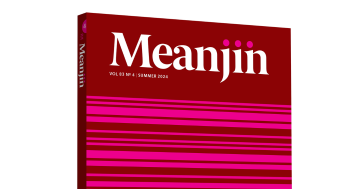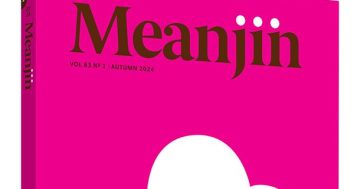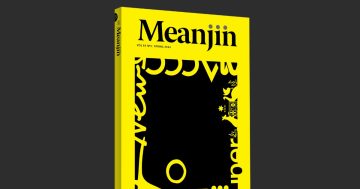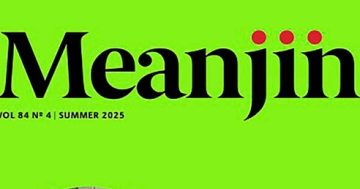Reviewed by Rama Gaind.
Edited by Jonathan Green, Melbourne University Press, $24.99.
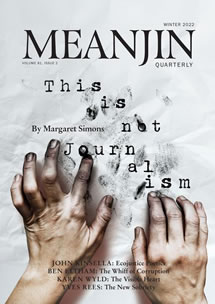 Change is the law of life as things do move in waves, rhythms of action and response.
Change is the law of life as things do move in waves, rhythms of action and response.
Journalism is the production and distribution of news of the day, with its foremost value as a utility to empower the informed.
According to Jonathan Green, as information forms our perception of the world, it’s important to absent the distortions brought by greed and the desire for power. “The information flow that forms our reality could be simple and pure; the picture it paints could be an honest representation of truth. However, that’s not the world we live in.”
In the thick of all of this is the old craft of journalism, a thing which if it stood for anything should stand for truth. Is the first duty of journalism being advanced: to act as a representative of public interest?
Journalist and academic Margaret Simons makes a strong case for journalistic self-examination and reform – titled This Is Not Journalism – in the lead essay in Meanjin Quarterly’s Winter 2022 edition:
“Part of the story of the decline in Australian journalism can be told with data and dollars. Part of it is about belief and culture – a crisis of faith.”
Simons takes a long hard look at both the history and current practice of Australian journalism, its trials, successes and many failures. She pulls no punches in her critique of a profession close to her heart.
“There is nothing essentially or necessarily good about journalism, either in its history or in the present day. It is only going to be as good as we can make it. Acknowledge that, and we can begin to think more clearly about what we need it to be now.”
As the editor points out in Vol 81, Issue 2, the case for change is urgent – and it will be a complex balance indeed.


